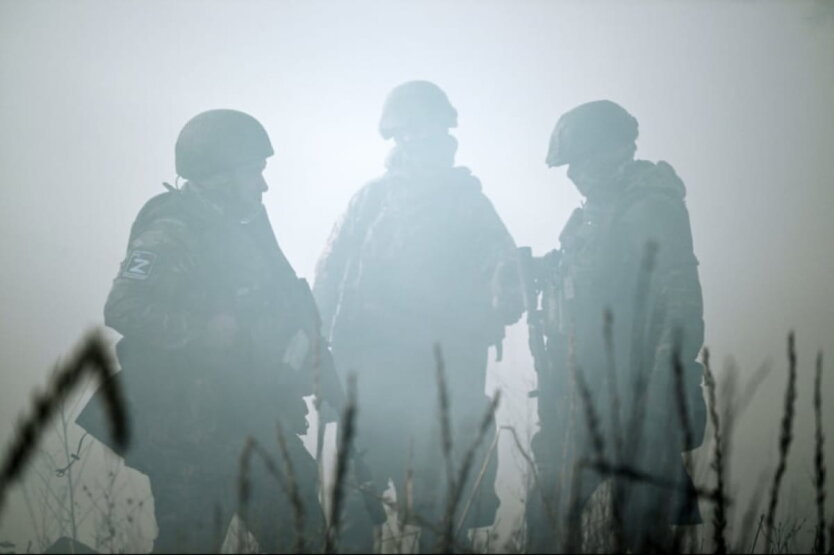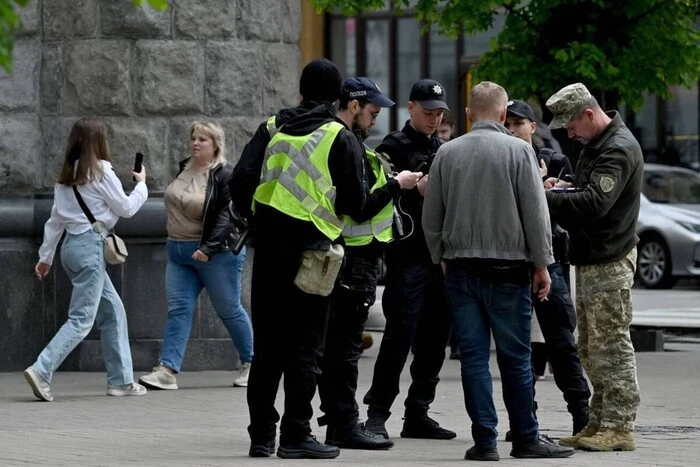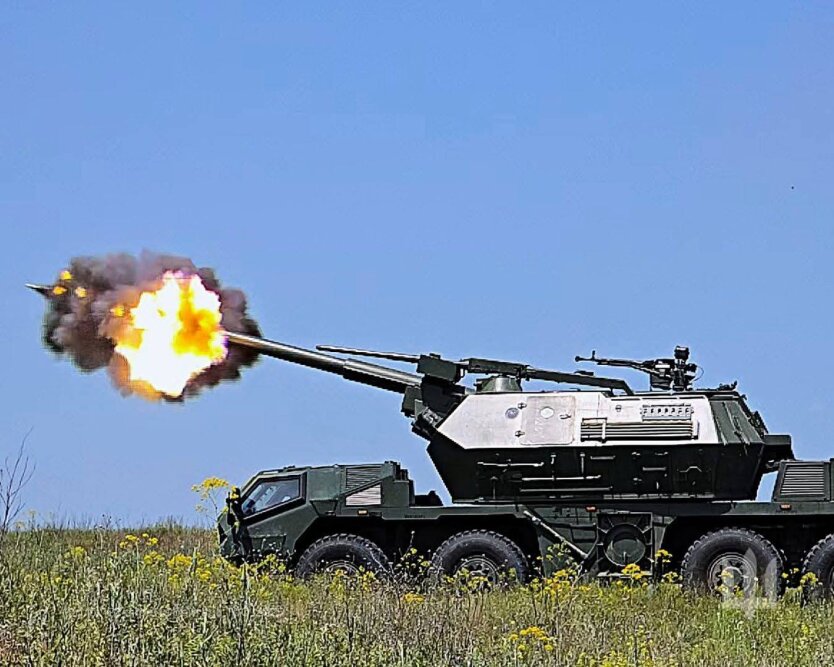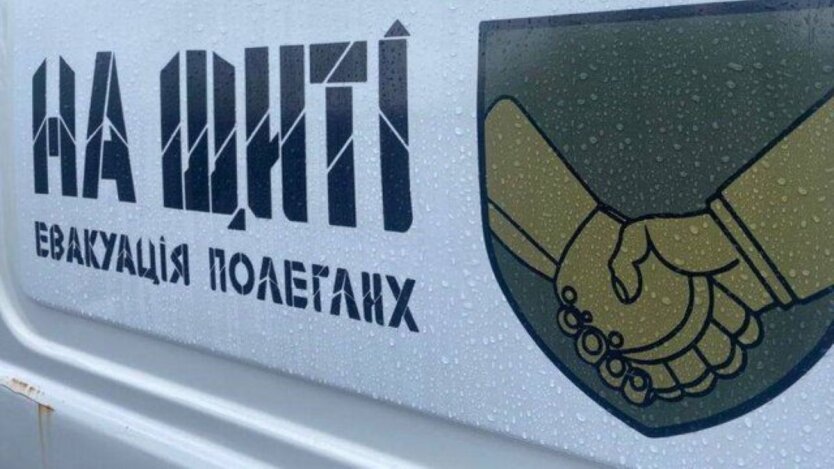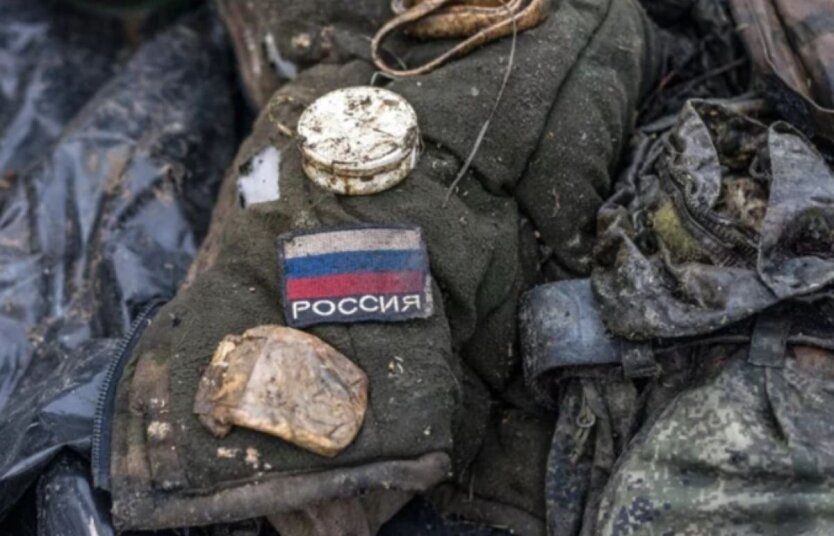European exchanges reacted to the suspension of gas transit through Ukraine.

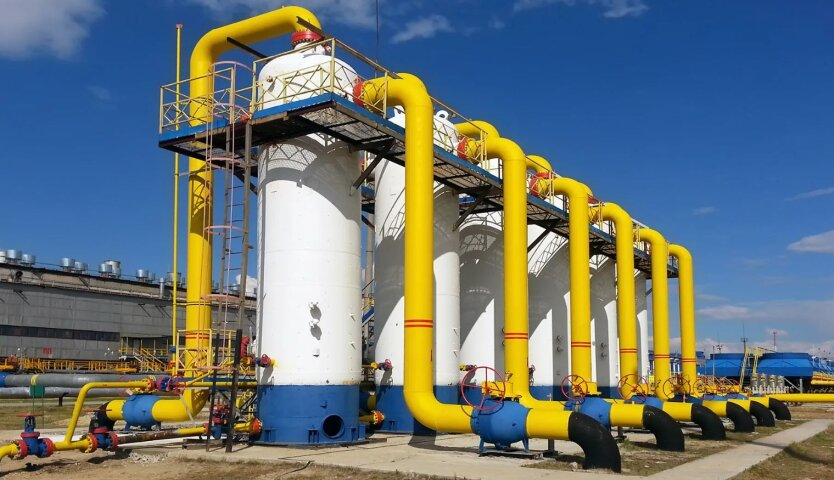
On the first trading day of 2025, European gas prices rose due to the halt in gas transportation through Ukraine. The benchmark contract for the upcoming month increased by 4.3% to €51 per megawatt-hour - the highest level since 2023. Supplies of Russian gas have ceased since the New Year, and no alternatives are currently anticipated. Traders are monitoring how the loss of Russian supplies will impact stock levels in storage.
The cessation of supply coincides with low temperatures, which will increase demand for heating. For instance, in Slovakia, temperatures may drop to minus 7°C by mid-January. While Europe may navigate this period thanks to reserves and supplies from other suppliers, it will be more challenging for traders to replenish storage for the next heating season. Gas prices for next summer exceed those for the winter of 2025-2026, making stock replenishment more expensive.
'There is an increasing risk that the EU will emerge from winter with low gas reserves, making replenishment very costly,' emphasized Arne Loumann Rasmussen, chief analyst at Global Risk Management in Copenhagen.
Read also
- Orks-once attack Siversk: military on the change of the enemy's assault tactics
- Do the Territorial Recruitment Centers Violate the Law? The Ground Forces Showed Statistics
- Ukrainian commander revealed details of the new strategy of the occupiers near Pokrovsk
- The IAEA made a disturbing forecast regarding uranium enrichment in Iran
- Russians are preparing for new provocations in sensitive areas - intelligence
- Russians are storming a key settlement in Zaporizhzhia - Defense Forces

